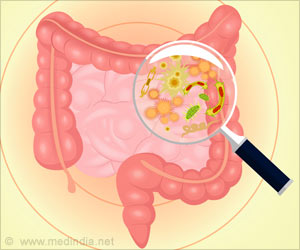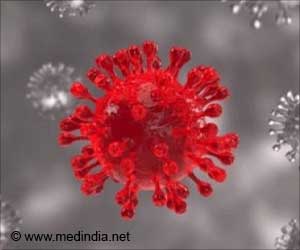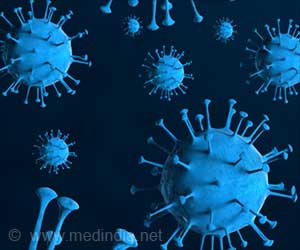Antibiotics make COVID-19 related gut issues worse
- COVID-19 is a viral respiratory infection with 636,440,663 confirmed cases, including 6,606,624 deaths
- Along with symptoms like fever, cough, and loss of smell, infected people also reported gastrointestinal discomfort //
- According to a recent study, antibiotics given during the early days of COVID-19 does impact gut bacteria negatively
Alterations of the fecal microbiota in relation to acute COVID-19 infection and recovery
Go to source).
The researchers wanted to gain a deeper understanding by looking at specimens that would give an indication of the state of the gut microbiome in people. They also found out that, while there were differences between people who had COVID-19 and those who were not ill, the biggest difference was observed in those who had been administered antibiotics.
Before the introduction of vaccines and other antiviral remedies, it was a common practice to treat COVID-19 patients with a round of antibiotics in an attempt to target possible secondary infections.
Several studies have reported the prevalence of gastrointestinal (GI) symptoms at the presentation of COVID-19 and the consistent detection of viral shedding in the stools of patients, suggesting a substantial involvement of the GI tract in acute COVID-19 infection (2✔ ✔Trusted Source
Virological assessment of hospitalized patients with COVID-2019
Go to source). Therefore, one host factor that could modulate clinical differences is the state of the host microbiota.
Humans carry very large and diverse populations of microbes, termed the microbiome, living in the GI tract, skin, and other organs (3✔ ✔Trusted Source
The Human Microbiome: at the interface of health and disease
Go to source). The largest population is in the colon, and it interacts with human metabolism, immunity, and the central nervous system (4✔ ✔Trusted Source
Reciprocal Interactions of the Intestinal Microbiota and Immune System
Go to source). Despite conserved similarities in its population structure, there is extensive inter-personal variation in the types and abundances of the bacterial species present.
Modulation of intestinal barrier by intestinal microbiota: Pathological and therapeutic implications
Go to source).
Dysbiosis defined as changes in gut microbiota leading to microbial imbalance has not only been closely linked with the pathogenesis of many inflammatory diseases but plays a critical role in diverse infections as well. Viruses constitute one of the most common invading pathogens triggering robust interactions between viruses and commensal microbiota.
It is important to continue to test and track the microbiomes of patients in the study to ascertain the long-term effect on individual microbiomes from COVID-19.
Further investigation of patients will enhance the understanding of the role that gut microbiome plays in COVID-19 disease progression and recovery. These findings may help identify microbial targets and probiotic supplements for improving COVID-19 treatment, said researchers.
References:
- Alterations of the fecal microbiota in relation to acute COVID-19 infection and recovery - (https://link.springer.com/article/10.1186/s43556-022-00103-1)
- Virological assessment of hospitalized patients with COVID-2019 - (https://www.nature.com/articles/s41586-020-2196-x)
- The Human Microbiome: at the interface of health and disease - (https://www.ncbi.nlm.nih.gov/pmc/articles/PMC3418802/)
- Reciprocal Interactions of the Intestinal Microbiota and Immune System - (https://www.ncbi.nlm.nih.gov/pmc/articles/PMC4492337/)
- Modulation of intestinal barrier by intestinal microbiota: Pathological and therapeutic implications - (https://www.sciencedirect.com/science/article/abs/pii/S1043661812001946)
Source-Medindia
















